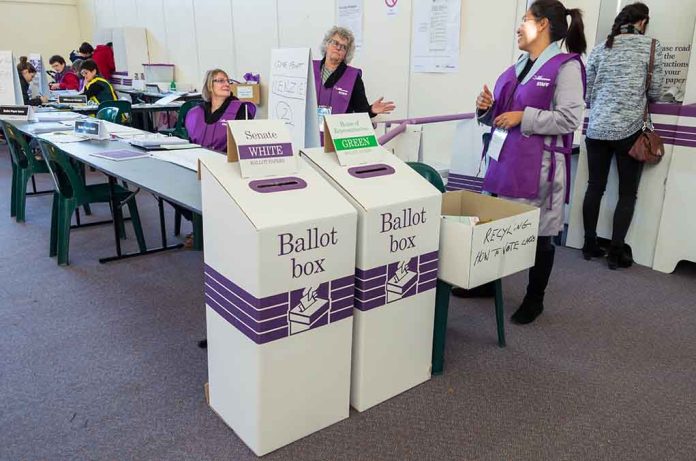
Virginia’s Governor Glenn Youngkin has stirred up a hornet’s nest with his latest directive. The man who promised to restore excellence in education is now facing a firestorm from civil rights groups. But before we jump to conclusions, let’s dive into the facts and see what all the fuss is about. Buckle up, patriots, because this ride through the corridors of Virginia’s education system is about to get bumpy.
Youngkin’s Executive Order Sparks Controversy
Governor Youngkin’s executive order prohibiting the teaching of “inherently divisive concepts” in Virginia schools has ignited a fierce debate. Civil rights organizations, including the Virginia NAACP, national NAACP, Leadership Conference Education Fund, and People for the American Way, have launched a campaign against what they perceive as a ban on teaching inclusive history.
The governor’s directive, aimed at removing critical race theory from classrooms, has been met with strong opposition from educators and civil rights advocates who argue that it could lead to the whitewashing of American history.
The Tip Line Controversy
One of the most contentious aspects of Youngkin’s approach is the establishment of a tip line for reporting teachers who allegedly teach critical race theory. This move has been widely criticized as a form of intimidation and has raised concerns about academic freedom.
Impact on Education at All Levels
Civil rights groups fear that Youngkin’s directive will have far-reaching consequences, affecting not only K-12 education but also colleges and universities. They argue that a comprehensive understanding of American history, including its darker chapters, is crucial for students at all levels.
“We cannot allow our children to be taught that they are defined by the color of their skin or that they are oppressors or oppressed based on their race or sex,” Governor Youngkin stated, defending his position.
The Push for Comprehensive History Education
Civil rights organizations are emphasizing the importance of teaching a complete and accurate version of American history. They point to studies showing a lack of knowledge about Black history among college students as evidence of the need for more inclusive education.
Resistance and Activism
In response to Youngkin’s executive order, civil rights groups have launched several initiatives. These include the creation of a “Black History Is American History” website and a campaign to flood the state tip line with stories that would be prohibited under the new directive.
The Broader Context
The controversy surrounding Youngkin’s directive is part of a larger national debate about how race and history should be taught in American schools. It has its roots in his gubernatorial campaign, where he criticized diversity initiatives at institutions like the Virginia Military Institute.
As we wrap up this whirlwind tour of Virginia’s education battlefield, one thing is clear: the debate over how we teach our history is far from over. Governor Youngkin may have lit the fuse, but it’s the people of Virginia who will ultimately decide how this story ends. Stay tuned, patriots – this is one history lesson we’re all learning together.
Sources
- https://www.insidehighered.com/news/2022/04/07/civil-rights-groups-blast-youngkin-black-history-teaching
- https://richmond.com/news/state-regional/government-politics/youngkin-offers-some-clarity-on-rights-restorations-naacp-wants-more-details/article_bb625fc4-259e-11ee-a04f-4f822e7ba5f4.htm
- https://www.washingtonpost.com/local/virginia-politics/youngkin-tests-activists-patience-as-he-pushes-abortion-and-guns-aside/2021/11/25/f3d38052-496f-11ec-95dc-5f2a96e00fa3_story.html










